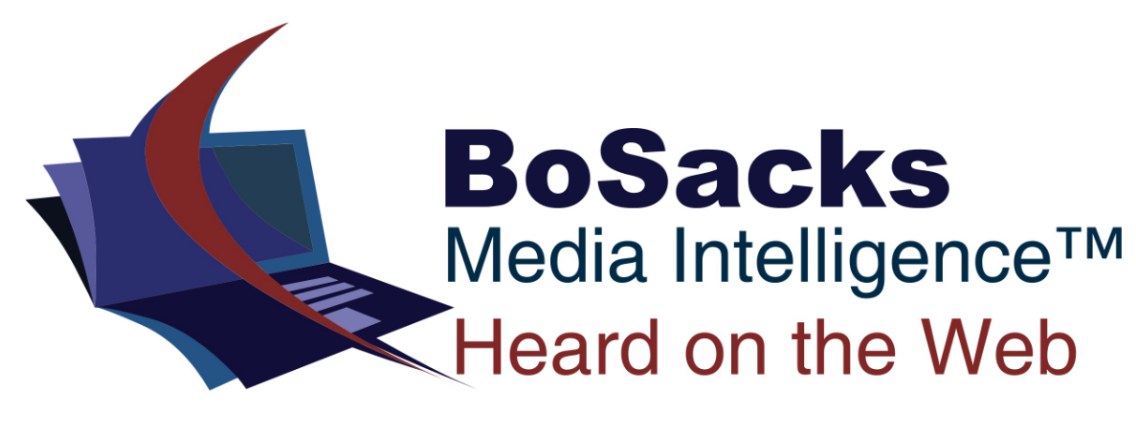BoSacks Speaks Out: Ethics – The Industry’s Favorite Afterthought
By Bob Sacks
Fri, Aug 15, 2025

Joe Mandese’s “Got Ethics?” commentary reads like a friendly intervention for an industry that has built a career on ignoring its own reflection. The Institute for Advertising Ethics has been quietly grinding away for four years, offering certifications that tackle everything from greenwashing to AI integrity, backed by peer-reviewed research proving these programs actually work. Nine out of twelve ethical awareness and confidence indicators improved for participants, and graduates reported they could recognize and act on real-world ethical issues more effectively. In a business that loves to brag about optimization and measurable results, you’d think that kind of data would trigger a stampede. Instead, ethics remains the parsley on the plate, visible enough to claim you care, easy enough to shove aside when the main course is speed, volume, and quarterly wins.
This isn’t academic theory. It’s a practical shield against the public embarrassments we’ve seen lately, embarrassments that could have been avoided if ethics had been baked into the process instead of tacked on like a final-round checklist item. Zara learned this the hard way when they were forced to pull ads featuring models deemed “unhealthily thin” after the UK’s Advertising Standards Authority ruled they violated industry standards. The brand insisted it had followed health protocols, but once the images hit the public, perception became reality, and the damage was done. In another case, E.L.F. Cosmetics cast a comedian with a history of domestic violence jokes in a campaign that was supposed to exude inclusion and empowerment. The backlash was swift, proving that brand values mean nothing if your talent choices contradict them. And then there was White Glo toothpaste in Australia, which thought it was clever to roll out the tagline “Make the white choice.” The casual racism was as obvious as it was preventable, yet somehow it made it through the approval chain without anyone pulling the emergency brake.
These are not niche mistakes buried in obscure trade journals; they’re mainstream fiascos splashed across headlines, the kind of missteps that erode audience trust faster than any campaign can rebuild it. And if you think they’re just ad agency problems, think again. Publishers, media buyers, and anyone running sponsored content are swimming in the same pool. The ethical lapses that burn brands will scorch you too, especially as AI accelerates the speed and scale of content production. Without trained professionals who know how to spot and stop a bad call before it leaves the building, we’re just waiting for the next headline to land, and praying it’s about someone else.
The idea that ethics is optional in media is laughable. Without it, you’re building your business on sand and hoping the tide never comes in. The IAE’s programs should be as fundamental as knowing the difference between CPM and CPC. They’re not just about doing the right thing; they’re about avoiding the kind of disasters that drain budgets, sink reputations, and send brands scrambling for crisis comms. Ethics isn’t the garnish, it’s the plate holding the entire meal together. Without it, the whole thing ends up in your lap, and good luck cleaning up that mess.
And here’s where my skepticism kicks in, forged not from cynicism but from decades of watching the advertising community treat ethics like a seasonal accessory, worn when convenient, discarded when profit’s on the line. The historical record isn’t just spotty; it’s damning. From tobacco to junk food, from surveillance capitalism to greenwashing, the industry has proven time and again that it will choose manipulation over transparency, spin over substance, and short-term gain over long-term trust. Ethics, when invoked, is often a PR strategy masquerading as moral clarity. So while I applaud the Institute for Advertising Ethics and its data-backed efforts, I remain unconvinced that the broader ad ecosystem is ready to trade its reflexive opportunism for actual accountability. Until ethics becomes embedded in the incentives, not just the intentions, we’ll keep seeing parsley on the plate and poison in the pantry.
